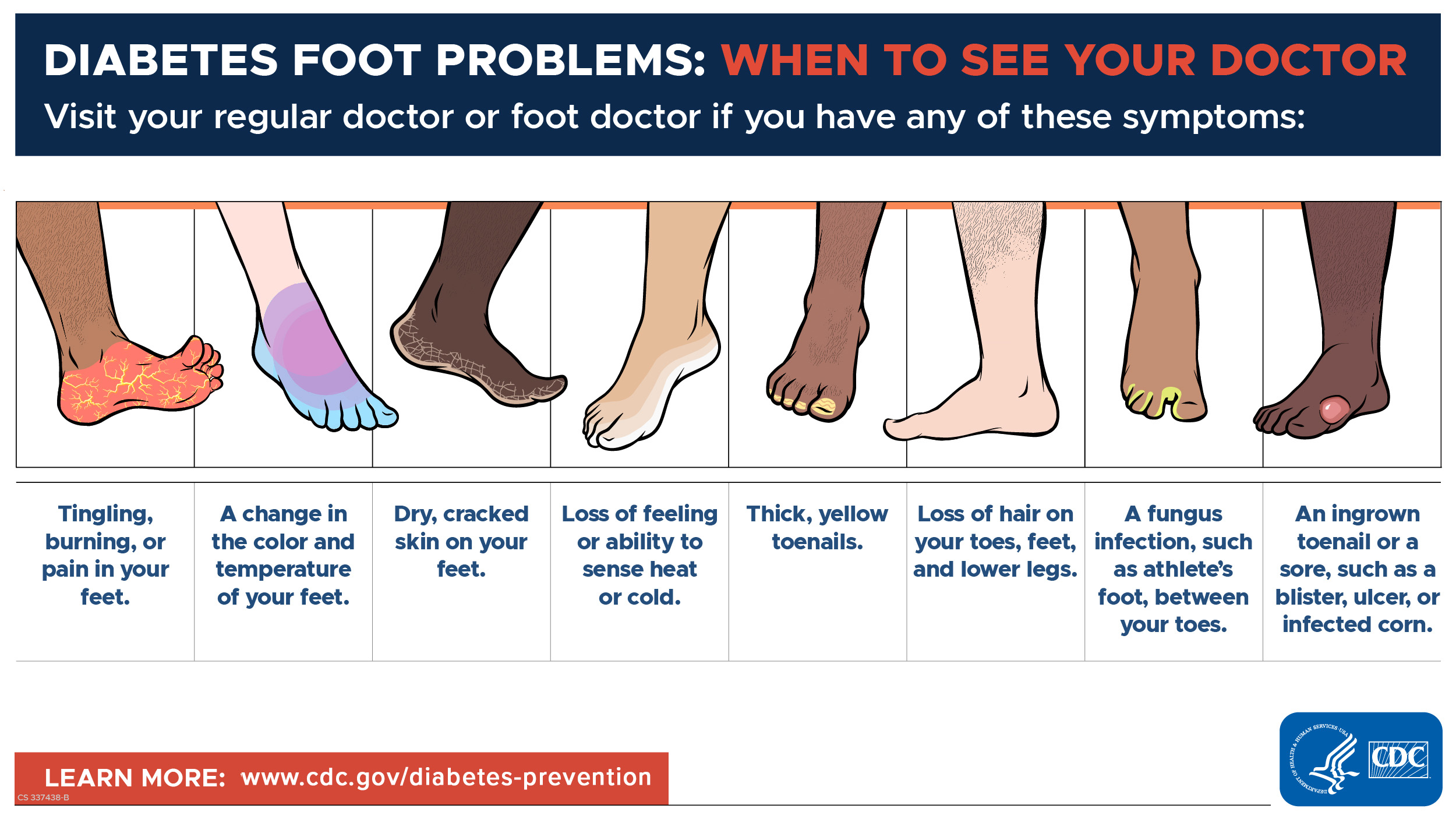Batter Links: Your Gateway to Trending News
Stay updated with the latest trends and insights from around the world.
Sweet Lies: Debunking Common Diabetes Myths
Uncover the truth behind diabetes myths that could be harming your health! Discover facts that will change your perspective on diabetes management.
Myth vs. Fact: The Truth About Sugary Foods and Diabetes
Myth: Consuming sugary foods directly causes diabetes. Many people believe that eating sweets will inevitably lead to this chronic condition. In reality, diabetes is a complex disease influenced by various factors, including genetics, lifestyle, and overall diet. While excessive sugar intake can contribute to weight gain and obesity, which are significant risk factors for type 2 diabetes, the mere act of eating sugary foods alone does not guarantee the onset of the disease.
Fact: It’s not just sugar – the overall diet matters. Moderation is key when it comes to consuming sugary foods. Having a balanced diet that includes a variety of nutrients is essential for managing blood sugar levels. For instance, complex carbohydrates, proteins, and healthy fats can help stabilize blood sugar fluctuations more effectively than sugary foods alone. Therefore, it’s critical to focus on whole foods and maintain a healthy lifestyle rather than solely attributing diabetes risk to sugar consumption.

Do Carbs Really Need to Be Avoided? Debunking Common Misconceptions
Many people believe that in order to lose weight or maintain a healthy lifestyle, carbohydrates must be avoided at all costs. This misconception often stems from popular diets promoting low-carb restrictions, which can lead to the idea that all carbohydrates are inherently bad. However, not all carbs are created equal. There are two main types of carbohydrates: simple and complex. Simple carbohydrates, found in sugary snacks and drinks, can lead to rapid spikes in blood sugar levels, while complex carbohydrates, found in whole grains, fruits, and vegetables, provide essential nutrients and energy for the body. Instead of eliminating carbs, it’s crucial to focus on the quality and source of these carbohydrates.
Additionally, research shows that carbohydrates play a vital role in overall health, supporting brain function, energy production, and digestive health. For athletes and physically active individuals, carbs are especially important, as they provide the necessary fuel for performance. It's essential to debunk the myth that avoiding carbs altogether will yield better results. Instead of a blanket avoidance, individuals should aim for moderation and diversity in their carbohydrate intake. Incorporating a variety of healthy carbs can enhance one's diet, leading to improved energy levels and better long-term health outcomes.
Is Insulin a 'Last Resort'? Understanding Diabetes Management Myths
Many people believe that insulin is a 'last resort' in diabetes management, but this is a common myth that can lead to misunderstanding how to effectively manage the condition. Insulin therapy is often viewed as a failure of self-management; however, it plays a critical role in maintaining optimal blood sugar levels for many individuals, especially those with Type 1 diabetes. In fact, starting insulin therapy early can prevent complications and improve overall health outcomes. Understanding when and how to use insulin is essential for effective diabetes management and should not be stigmatized as a last option.
Another prevalent myth is that insulin is the only treatment option for diabetes. In reality, diabetes management is multifaceted and includes a combination of diet changes, exercise, blood sugar monitoring, and medication. While insulin is vital for some individuals, others may manage their diabetes effectively with oral medications or lifestyle adjustments. It’s important for patients to work closely with their healthcare providers to determine the best individualized treatment plan, rather than exclusively viewing insulin as a necessary last resort.